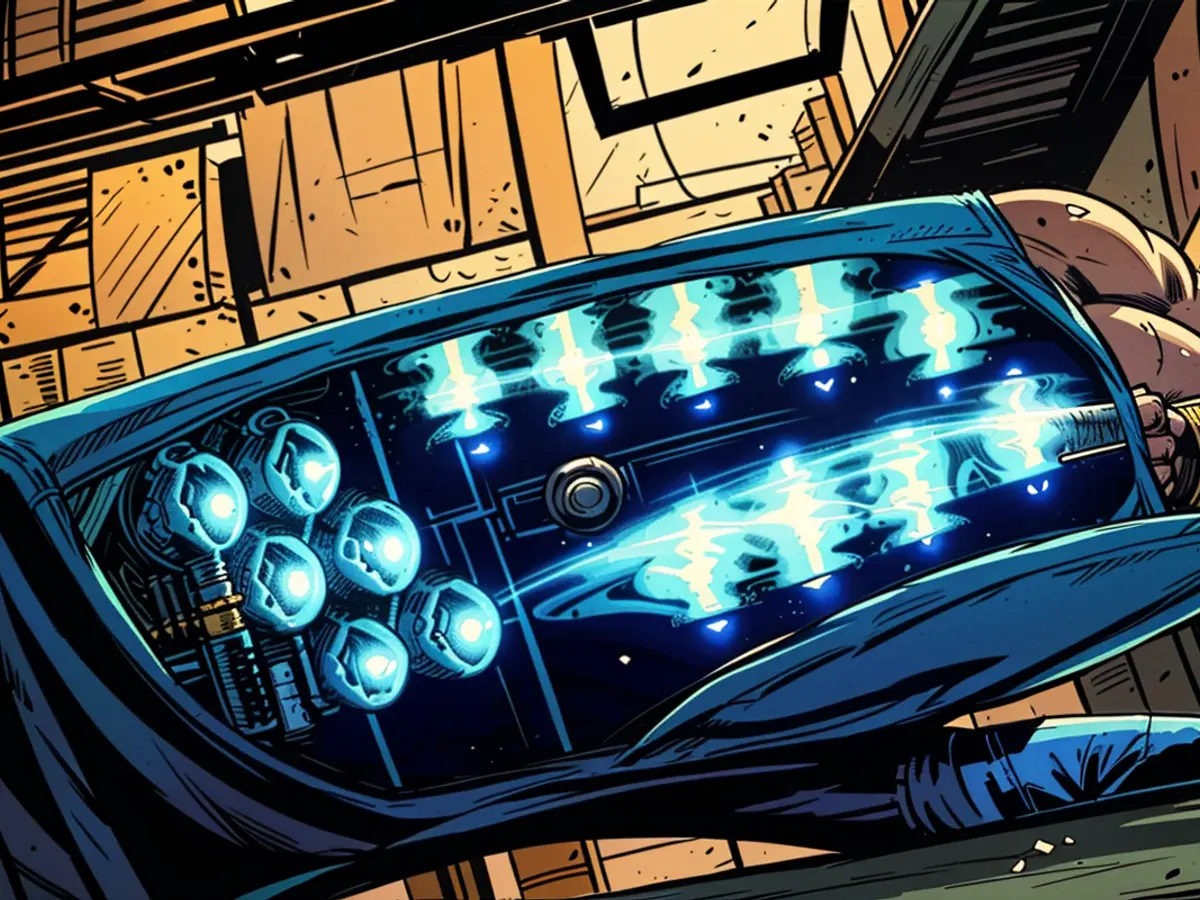Public prosecutor's office - Clan crime: investigators for central offices in NRW too
In the fight against so-called clan criminality, Lower Saxony public prosecutors have expressed their desire for comparable structures with focus prosecution offices in North Rhine-Westphalia. "We wish that North Rhine-Westphalia had similar central offices like in Lower Saxony," said Bernard Südeck, leading public prosecutor in Osnabrück, to the "Neue Osnabrücker Zeitung" (Tuesday). "We do a lot of work in the field of clan criminality for NRW, we have cases with 50 offenses in NRW and five in Emsland," he explained. An alignment of structures would be sensible from his point of view.
The term clan criminality is controversial, as critics argue that it stigmatizes and discriminates against people based on their family background and origin.
Clan criminality is a widespread problem that affects not only major cities, said Südeck to the newspaper. "Four years ago, when the focus prosecution office was founded, I still thought Oldenburg, with its proximity to the clan hotspot Bremen, might be a more suitable location. Meanwhile, we know: This phenomenon exists everywhere." The exception are the East Frisian Islands. The western part of Lower Saxony is affected due to its proximity to North Rhine-Westphalia - "Clan criminals from there commit their crimes here as well."
However, clan criminality cannot be combated like organized crime, for example, by infiltrating undercover agents, said public prosecutor Nils Leimbrock, head of the central office for the combating of criminal clan structures. "They simply don't let infiltrators into the clan. No one is extracted from the family network. If there are witnesses, clans try to put pressure on them not to testify: 'That makes our work extremely labor-intensive.'"
- Bernard Südeck, the leading public prosecutor in Osnabrück, suggested that North Rhine-Westphalia could benefit from having central offices similar to those in Lower Saxony, as they have been handling a significant number of clan criminality cases in North Rhine-Westphalia as well as in Emsland.
- In a discussion with the "Neue Osnabrücker Zeitung", Südeck emphasized that clan criminality is not limited to major cities and that Lower Saxony, despite having Lower Saxony's proximity to Bremen's clan hotspot, has also become a target due to its proximity to North Rhine-Westphalia.
- The head of the central office for the combating of criminal clan structures in Lower Saxony, Nils Leimbrock, noted that clan criminality is distinct from organized crime as clans do not allow undercover agents to infiltrate their groups.
- Lower Saxony public prosecutors have expressed their desire for comparable structures with focus prosecution offices in North Rhine-Westphalia in the fight against clan criminality, with Bernard Südeck adding that they have currently been handling numerous cases of clan criminality in both North Rhine-Westphalia and Emsland.
- Critics argue that the term "clan criminality" is controversial as it stigmatizes and discriminates against people based on their family background and origin, but Bernard Südeck defended the use of the term and stated that it is a widespread problem affecting various regions, including Lower Saxony and North Rhine-Westphalia.








